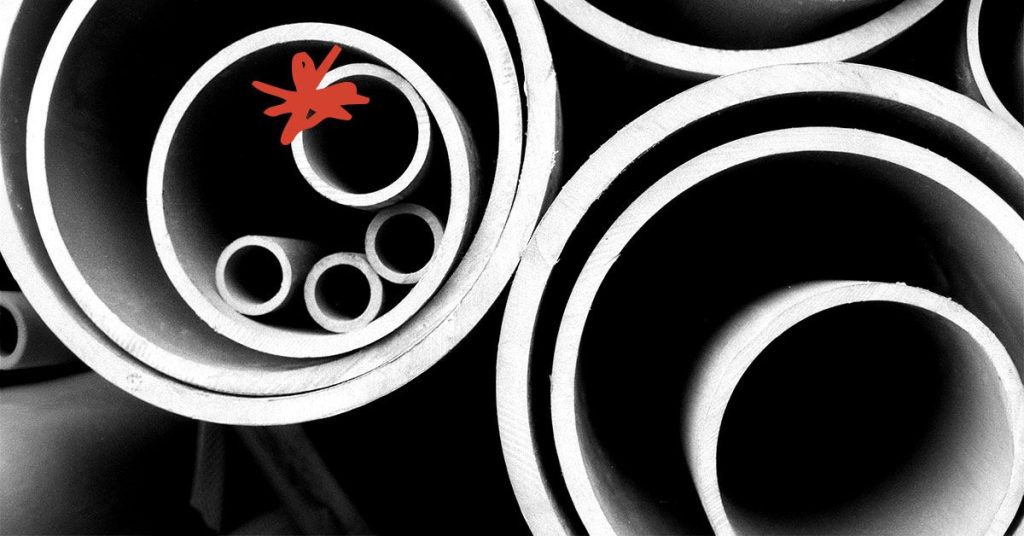Research has established a connection between height, obesity, and fat distribution and an increased risk of colorectal cancer. A study published in 2022 showed that people of European ancestry who are tall and centrally obese, as well as obese individuals in general, have a higher risk of developing colorectal cancer. An international team of researchers analyzed health data from over 300,000 participants of Caucasian, African, Asian, and/or Chinese ancestries and confirmed this pattern across all groups. Individuals with fat accumulation around the waist were found to have a 10-12% higher risk of colorectal cancer, regardless of their ancestry.
The study split participants into four groups based on their body shape, characterized by height and fat distribution. Those with obesity or central fat accumulation around the abdomen were found to be at an increased risk of colorectal cancer. Genetic analysis of over 400,000 participants identified 3,414 genetic variants associated with body shape, with differences in genetic expression in various tissues across the different body categories. Those with genetic variants associated with a PC1 body shape had increased expression in the brain and pituitary gland, while those with a PC3 body shape had increased expression in adipose tissue, blood vessels, and female reproductive organs.
Research suggests that height plays a role in cancer risk due to the larger number of cells in taller individuals, however, waist-to-height ratio, and central adiposity may have been overlooked in previous studies. The study proposes that the role of height in cancer risk may have been overstated in previous research that did not consider waist-to-height ratio, and therefore, central adiposity. Future research aims to identify genes underlying the relationship between body shapes and genetic expression to further understand the mechanisms behind their findings.
The study results indicated that fat accumulation around the waist is linked to a higher risk of colorectal cancer across various ancestral groups. Height and obesity were found to play a significant role in increasing cancer risk. Data analysis showed that people with a PC1 or PC3 body shape had an increased risk of colorectal cancer, with a larger increase for women. The findings suggest a commonality in how body measures like weight and height combine to create a body shape, hinting at evolutionarily conserved biological processes that are crucial for individual survival.
While height and obesity have been linked to an increased risk of cancer, specifically colorectal cancer, it is unclear if the risk is due to a higher number of cells in taller individuals, increased adiposity, or a combination of both factors. Future research is needed to understand the relative importance of cell number versus adiposity in cancer risk, as well as how body shapes affect the composition of proteins in the body to better understand the link between body shape and cancer development. The study marks an important step in uncovering the relationship between body shapes, genetic expression, and cancer risk across different ancestral groups.













